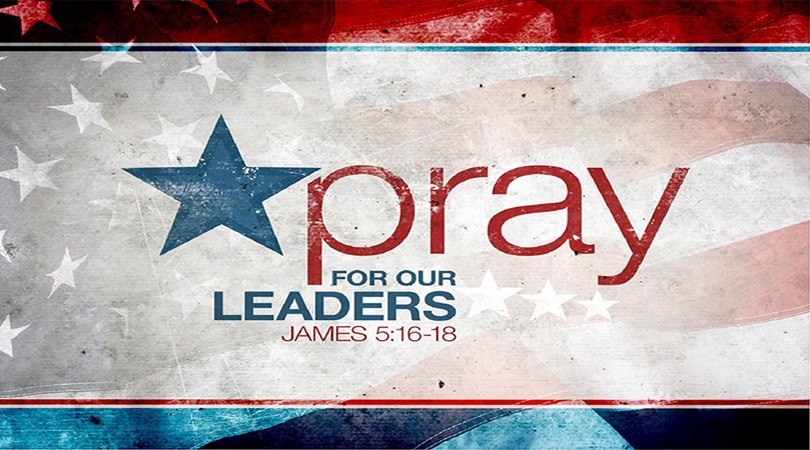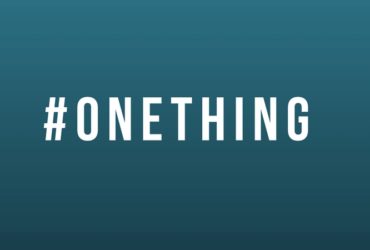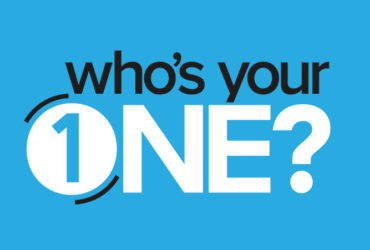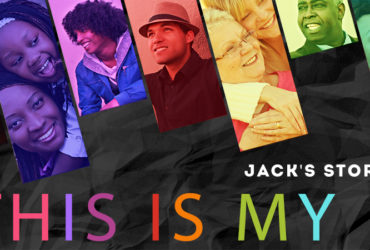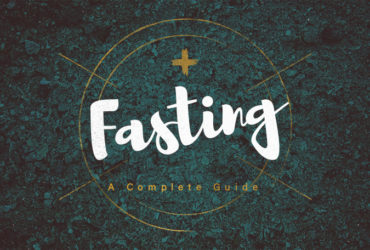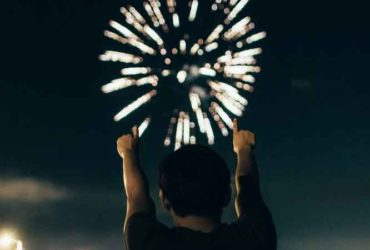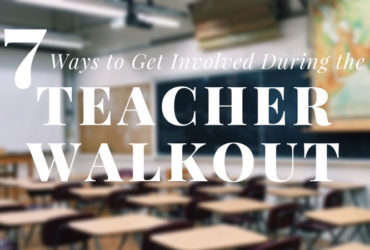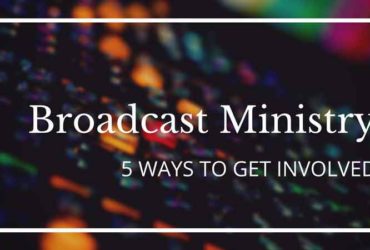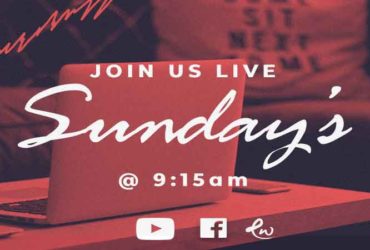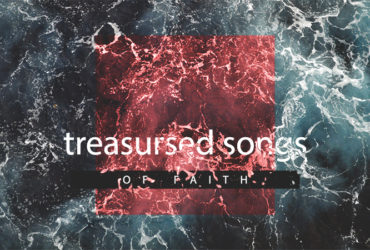Let Freedom Ring
It was the early break of morning dawn of September 14, 1814, after the Battle of Baltimore during the War of 1812, a 35-year lawyer penned the lyrics of a poem that later became our national anthem. The War of 1812 has been raging for several years. Francis Scott Keys had boarded a British warship to plead for the life of a friend who had been arrested. The British decided to let Keys and his friend go but did not allow them to return to the mainland because they learned of the British plans for an attacked Fort McHenry there in Baltimore. From their little boat there in the bay, Keys had a front-row seat to the battle.
Above Fort McHenry, Major George Armistead, the commander of Fort McHenry, had commissioned a large flag to be made. The flag was 30 feet by 42 feet. He had been preparing the troops at Fort McHenry for such an attack by the British for over a year and wanted a flag was so large that British would have seen it miles away from shore. Mary Young Pickergill of Baltimore, along with several of her nieces, sowed the flag consisting of 15 stripes and 15 stars (each stripe and star representing a state).
The battle was intense! The British warships unloaded a downpour of shells and rockets on Fort McHenry for 25 hours. With that amount of firepower, surely, the British had won the battle. But as the sun rose, there, still flying high above the fort, was the Star-Spangled Banner commissioned by Major Armistead. The Americans had won the battle.
The words of Keys’ poem were later put to melody and song. Today, our national anthem is sung before sports games, special ceremonies, and events. There is an ongoing debate on public opinion as to what can be done during the playing of this beloved song. I believe if we could have experienced what Mr. Keys did during that battle, we would understand the pain-staking cost to win; we would all come to the same conclusion Keys did at the end of his poem, “In God is our Trust.”
The Star-Spangled Banner
By Francis Scott Keys
September 14, 1814
Oh, say, can you see? By the dawn’s early light
What so proudly we hailed at the twilight’s last gleaming;
Whose broad stripes and bright stars, through the perilous fight,
O’er the ramparts we watched were so gallantly streaming.
And the rocket’s red glare, the bombs bursting in air.
Gave proof through the night that our flag was still there:
Oh, say, does that star-spangled banner yet wave?
O’er the land of the free and the home of the brave!On the shore, dimly seen through the mists of the deep,
Where the foe’s haughty host in dread silence reposes,
What is that which the breeze, o’er the towering steep,
As it fitfully blows, half conceals, half discloses?
Now it catches the gleam of the morning’s first beam,
In fully glory reflected now shines in the stream:
‘Tis the star-spangled banner! Oh, long may it wave
O’er the land of the free and the home of the brave!And where is that band who so vauntingly swore
That the havoc of war and the battle’s confusion
A home and a country should leave us no more?
Their blood has washed out their foul footsteps’ pollution!
No refuge could save the hireling and slave
From the terror of flight or the gloom of the grave:
And the star-spangled banner in triumph doth wave
O’er the land of the free and the home of the brave.Oh, thus be it ever, when freemen shall stand
Between their loved home and the war’s desolation!
Blest with victory and peace, may the heav’n-rescued land
Praise the Power that hath made and preserved us a nation!
Then conquer we must, when our cause it is just,
And this be our motto: “In God is our trust”:
And the star-spangled banner in triumph shall wave
O’er the land of the free and the home of the brave.
As we celebrate our nation’s birthday, pray Church! Pray for our nation and the great unrest and disunity we are facing. And pray that we will say again as a nation, “In God is our trust!”
God bless you.
Bro. Jeremy

